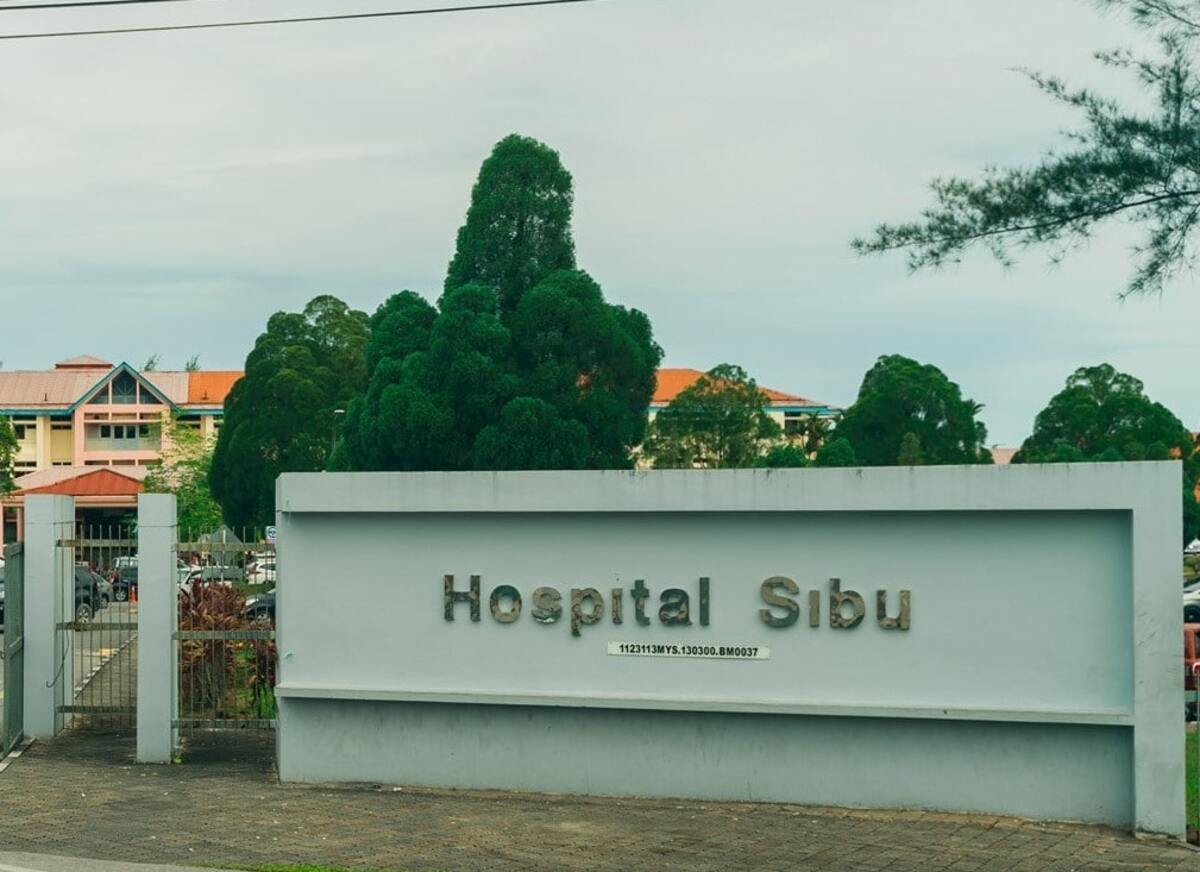KUALA LUMPUR, June 27 – The ophthalmology clinic at Sibu Hospital in Sarawak is currently short of doctors, with longer wait times for patients expected to persist until the middle or end of next month.
The public hospital’s eye clinic put up a poster last month announcing that it is experiencing a shortage of specialists and medical officers (MOs), as only one specialist and six MOs are currently serving the clinic.
“The waiting period will become longer, and patients are requested to be patient while waiting. This issue is likely to persist until there is an addition of specialists and medical officers,” said Sibu Hospital’s ophthalmology clinic in the poster.
“If there are any dissatisfaction or complaints, please raise them to the appropriate channels. The ophthalmology clinic of Sibu Hospital apologises for the difficulties encountered.”
The poster by the Sibu Hospital eye clinic began circulating online recently, although CodeBlue understands that it was put up last month.
A source at the Ministry of Health (MOH) hospital explained that a specialist doctor resigned last April, but there were still enough MOs. However, last month, a few MOs began leaving for their Master’s programme or subspecialist training, affecting the eye clinic’s services that led to the clinic putting up the poster.
“We are short; we cannot deny that fact,” the source told CodeBlue on condition of anonymity.
“But this is a transition time. The situation is momentary until, hopefully, next month. By the middle or end next month, everything should settle.”
Prior to April, Sibu Hospital’s ophthalmology clinic had 11 to 12 MOs, dropping to six or seven in the last two months. Out of two specialist doctors, one quit, leaving just one at the eye clinic.
“The workload may be a bit overwhelming for them, but this has not been going on for months; it maybe got a bit worse this month but by next month, it should be settled.”
In terms of workload, the source said the total number of calls shared by MOs at the eye clinic is six to seven a month, or one to two every week.
The source explained that Sibu Hospital’s eye clinic currently has a relieving specialist from Kuching helping out two weeks in a month. From the beginning of next month, Sibu Hospital will also receive some floating MOs.
More MOs are also expected to serve in their permanent positions at Sibu Hospital in July, as selections have just been completed.
The source said the standard waiting time to see a doctor at Sibu Hospital’s eye clinic is 60 minutes from the time of arrival. Some good days, the facility achieves its key performance indicator (KPI) and on bad days, it does not.
“Now, they’re waiting 30 minutes extra at the eye clinic,” the source said, adding that despite the staff shortage, the waiting time remains two months for patients to get an appointment for surgery.
The source at Sibu Hospital – a referral centre in the central region of Sarawak – also said that the situation of staff shortages was similar across the state, pending the permanent placements of doctors.
Health Minister Dr Zaliha Mustafa admitted last Friday that temporary staff shortages were expected to occur in certain public health care facilities under the MOH, due to the relocation of over 4,200 contract doctors who received permanent positions.
According to Dr Zaliha, all permanent positions in Peninsular Malaysia have been filled, while there are still vacancies in Sabah and Sarawak for the remaining batch of medical officers to choose from on the eHousemen application.
A senior consultant surgeon at a hospital in the North, however, wrote to CodeBlue saying that “blindly” posting most MOs to East Malaysia could result in a shortage of trained doctors in the peninsula and sudden service disruptions, due to the abrupt transfers.








